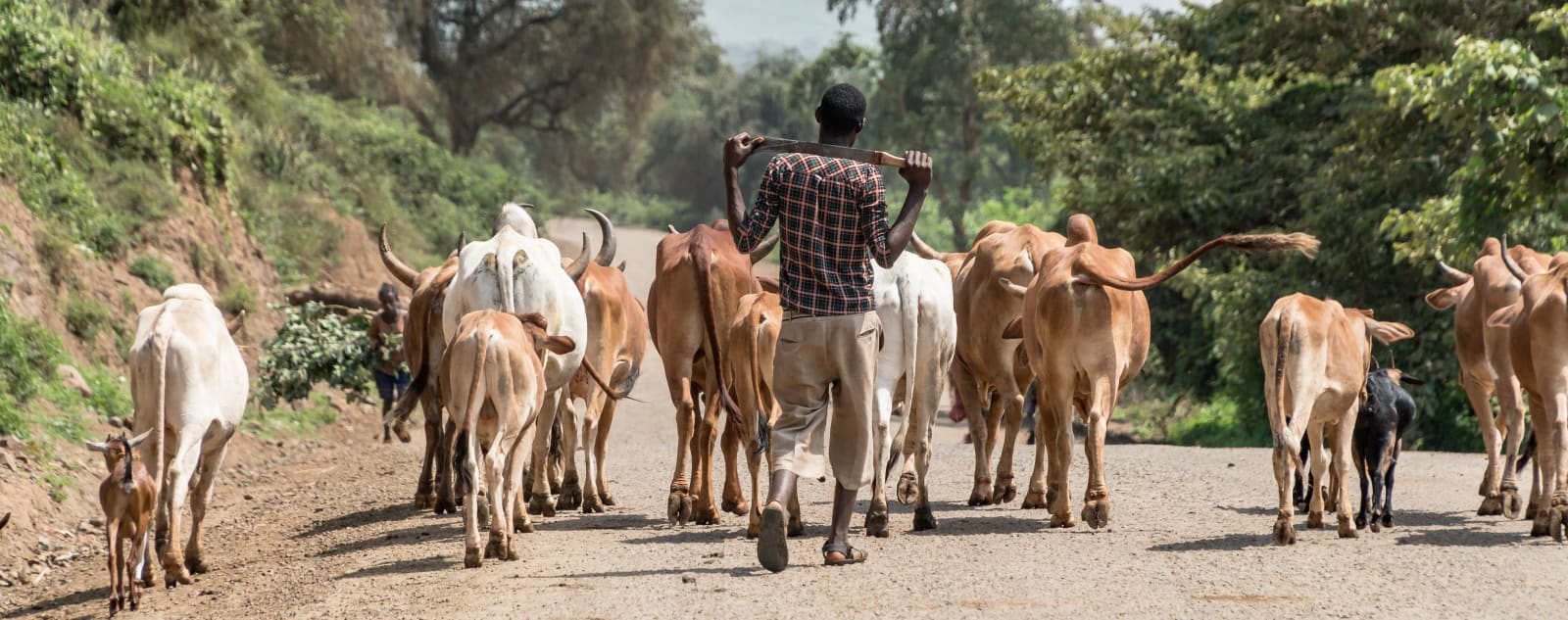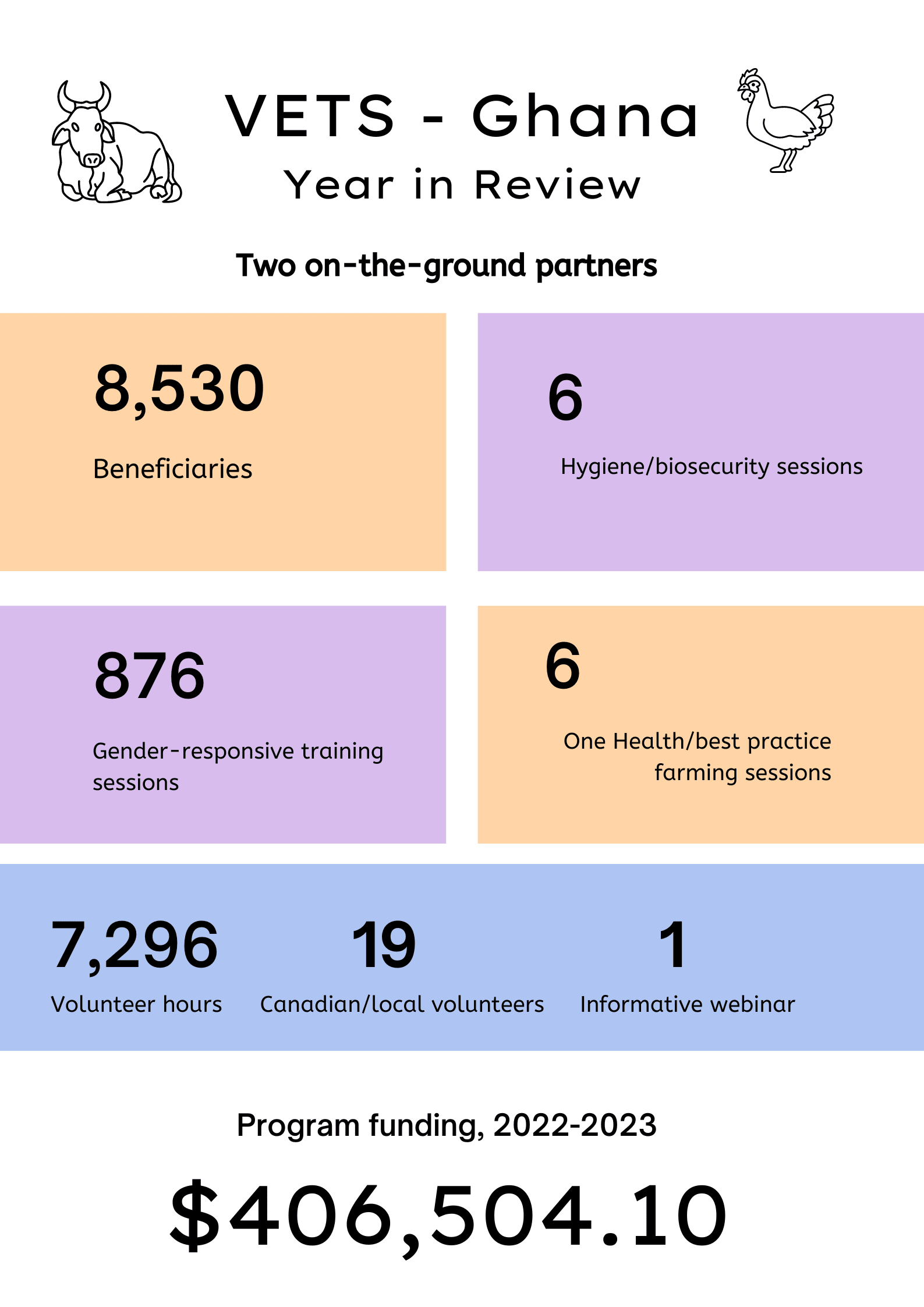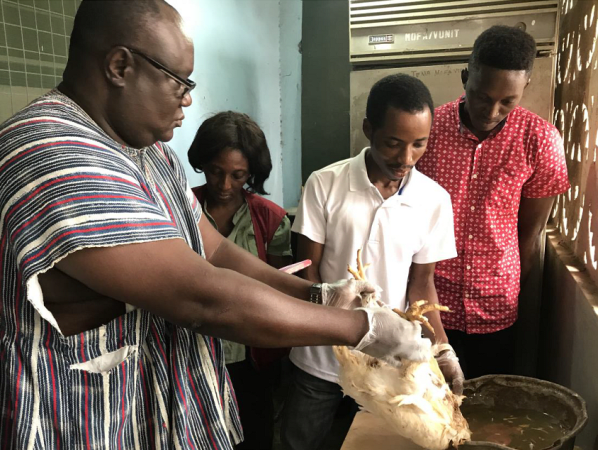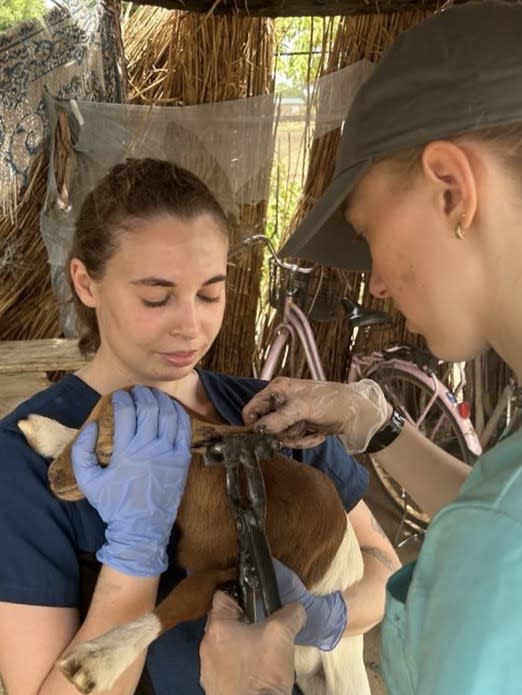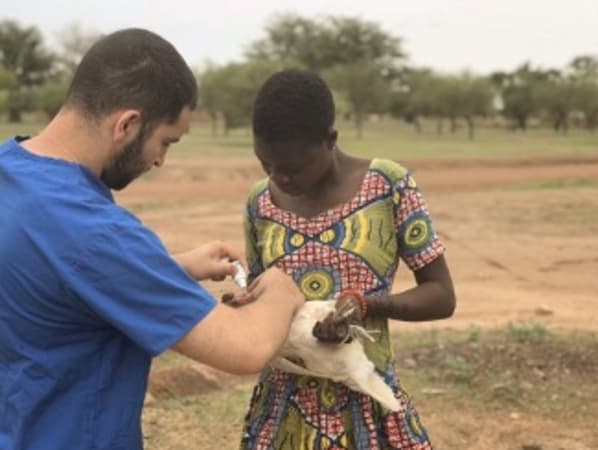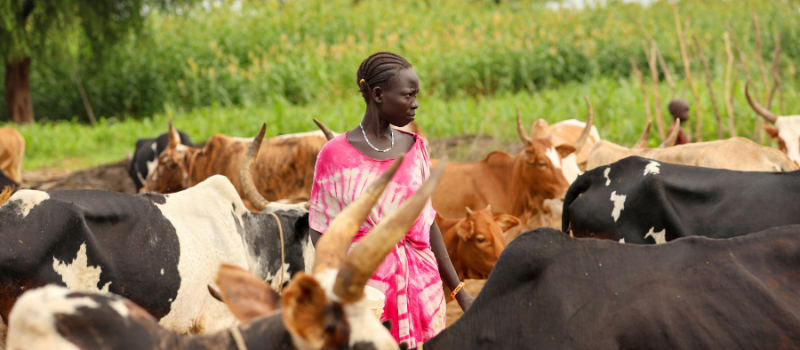Veterinary Care That Moves: Why Animal Health Systems Must Adapt to a Mobile World
As the International Year of Rangelands and Pastoralists unfolds, VWB explores why mobility is not a barrier to care — but a blueprint for designing resilient, equitable animal health systems in rangeland and remote communities.

